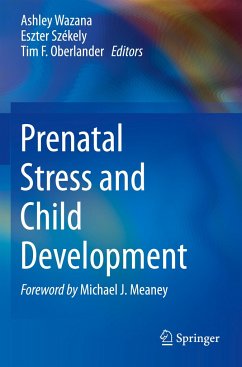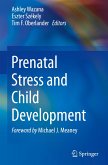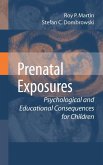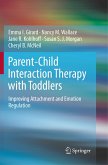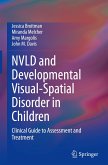This book examines the complex impact of prenatal stress and the mechanism of its transmission on children's development and well-being, including prenatal programming, epigenetics, infl ammatory processes, and the brain-gut microbiome. It analyzes current findings on prenatal stressors affecting pregnancy, including preconception stress, prenatal maternal depression, anxiety, and pregnancy-specific anxieties. Chapters explore how prenatal stress affects cognitive, affective, behavioral, and neurobiological development in children while pinpointing core processes of adaptation, resilience, and interventions that may reduce negative behaviors and promote optimal outcomes in children. Th is complex perspective on mechanisms by which early environmental influences interact with prenatal programming of susceptibility aims to inform clinical strategies and future research targeting prenatal stress and its cyclical impact on subsequent generations.
Key areas of coverage include:
The developmental effects of prenatal maternal stress on children.Epigenetic effects of prenatal stress.Intergenerational transmission of parental early life stress.The microbiome-gut-brain axis and the effects of prenatal stress on early neurodevelopment.The effect of prenatal stress on parenting.Gestational stress and resilience.Prenatal stress and children's sleeping behavior.Prenatal, perinatal, and population-based interventions to prevent psychopathology.
Prenatal Stress and Child Development is an essential resource for researchers, professors and graduate students as well as clinicians, therapists, and related professionals in infancy and early childhood development, maternal and child health, developmental psychology, pediatrics, social work, child and adolescent psychiatry, developmental neuroscience, and related behavioral and social sciences and medical disciplines.
Excerpt from the foreword:
"I would make the plea that in addition to anyone with an interest in child development, this book should be essential reading for researchers pursuing "pre-clinical, basic science models of neurodevelopment and brain health".... This book provides what in my mind is the most advanced compilation of existing knowledge and state-of-the-art science in the field of prenatal psychiatry/psychology (and perhaps in the entire field of prenatal medicine). This volume can brilliantly serve to focus future directions in our understanding of the perinatal determinants of brain health."
Michael J Meaney
James McGill Professor of Medicine
Translational Neuroscience Programme
Adjunct Professor of Paediatrics
Key areas of coverage include:
The developmental effects of prenatal maternal stress on children.Epigenetic effects of prenatal stress.Intergenerational transmission of parental early life stress.The microbiome-gut-brain axis and the effects of prenatal stress on early neurodevelopment.The effect of prenatal stress on parenting.Gestational stress and resilience.Prenatal stress and children's sleeping behavior.Prenatal, perinatal, and population-based interventions to prevent psychopathology.
Prenatal Stress and Child Development is an essential resource for researchers, professors and graduate students as well as clinicians, therapists, and related professionals in infancy and early childhood development, maternal and child health, developmental psychology, pediatrics, social work, child and adolescent psychiatry, developmental neuroscience, and related behavioral and social sciences and medical disciplines.
Excerpt from the foreword:
"I would make the plea that in addition to anyone with an interest in child development, this book should be essential reading for researchers pursuing "pre-clinical, basic science models of neurodevelopment and brain health".... This book provides what in my mind is the most advanced compilation of existing knowledge and state-of-the-art science in the field of prenatal psychiatry/psychology (and perhaps in the entire field of prenatal medicine). This volume can brilliantly serve to focus future directions in our understanding of the perinatal determinants of brain health."
Michael J Meaney
James McGill Professor of Medicine
Translational Neuroscience Programme
Adjunct Professor of Paediatrics

